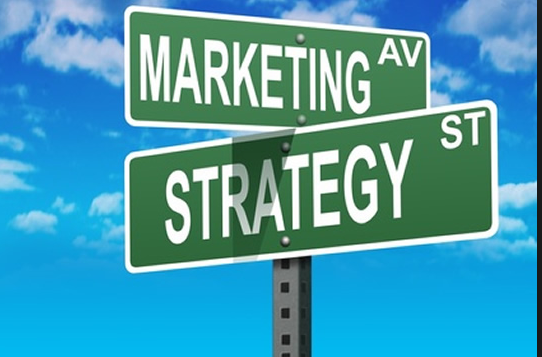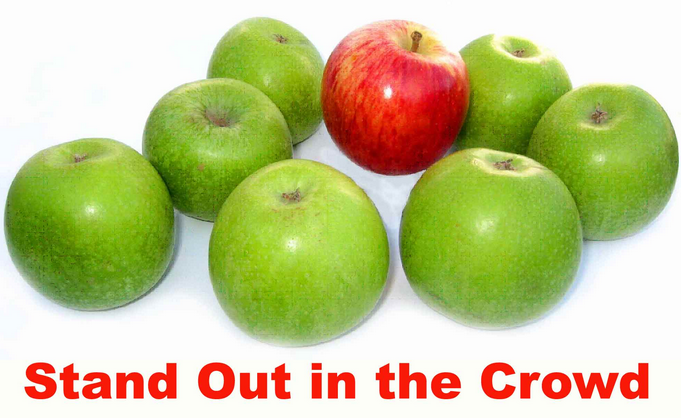How to Spot a Bad Social Media Practitioner
I had one of those moments this morning.
You know that exact moment when someone says something, or you read something and your jaw just drops. You can’t believe what you are hearing or reading! Thankfully I was alone when I had this reaction. Not a flattering look I am sure. And, on top of that, I had some commentary that just slipped out without my filter being turned on. So what made me react this way? No, it was not travesty or injustice for human-kind. I am grateful for that. No, it was more related to my profession, and specifically using social media to communicate and market your product, service or region. So, this inspired me to write this post: How to Spot a Bad Social Media Practitioner.
Now, let me start by saying that I am sure that the person in question was only doing his job. I am sure that he has processes, procedures and protocols in place. Despite this however, what he was recommending went against everything I believe in, when it comes to communications. His recommendation to people – business people- was to use it in the same manner that people used advertising 15 years ago. It was all about push communications and not REAL communications. Needless to say, the end results, I suspect, will not net the results expected.
So, let;s turn around a negative and look at 5 ways to help you select a marketing/communications practitioner who can actually help you:
1. Resist the Urge to hire the Person or Company Who Claims to be a Social Media Expert.
Like Malcolm Gladwell said, it takes at least 10,000 hours to become a master. Very few people consider themselves masters in social media, including me – despite having 10,000+ hours into it. Why? The answer is simple, there is more to using social media than meets the eye. Practitioners like myself know that there are many layers to doing it well. Each scenario is different and we have to draw upon many levels and years of experience to make it work.
2. Avoid a Person or persons Who Only Focus on Social Media
This is a recipe for disaster. Social media is not an means to an end. No, social media is tool in the toolkit. However, to effectively use that tool you need an overall integrated marketing/communications plan. Everything must work together to reach an overall goal and objectives that all align to your overall corporate objectives. That is why it is very important to hire either a full-time resource and/or consultant who understands that social media is not a stand-alone. Social media must be part of the larger integrated strategy.
3. Hire Based On Experience/Strategic Abilities – Not Age
I have written about this before. While I fully support hiring new graduates, you shouldn’t expect a new graduate to know how to develop strategies tied to business objectives. Remember, and this is very important, using social media for personal purposes is very, very different than using it for business purposes. If you want to build a quality team, hire a seasoned professional and then let that person build his or her team, which will likely include new graduates.
4. It’s Not About You! Remember That
More than a decade into social media and inbound marketing, I still encounter so many companies that only want to talk about themselves, who they are and what they do. Research, company case studies and results continue to indicate that customers and potential customers don’t really care about hearing about your awards, what your team did last weekend, etc. Your clients/customers and prospects want to be educated. They want to know that if they work with you, they will be getting value for their money and getting benefits from the relationship.
Your marketing, including your social media should not be about you. It should be about your clients/customers and prospects. And, with that in mind, you should be using the channels where they are, not where you want to be. Finally, communicate and engage with them. Your social media resource, whether full-time or a consultant should be encouraging you to engage, not just push messages.
5. Last But Certainly Not Least: Remember Your Audience
Based on all the above, you should always be focused on your audience. Who are you ultimately are you trying to influence? Your marketing resource should always be focused on your audience and doing what is right to reach the audience. A person with real expertise will always want you to focus on your audience. He or she will recommend that you have a persona exercise which will identify who your primary and secondary audiences are. Then you will know what channels to use to reach them and what tools to use – from online, to traditional to web and everything in between when and where applicable.
For many of us who have been working with individuals and companies for years to build solid integrated marketing/communication strategies that include social and digital media strategies, I have to confess that we should be beyond discussing the need for implementing the basics, but we just aren’t there yet. However, when I work with clients who take the plunge and do a full integrated marketing strategy and start seeing the results, I get as excited as they do!
Want to learn more about integrated marketing strategies and how they can grow your business? Contact TaylorMade Solutions today!
Great leaders and all self-help management books tell us that in order to be good communicators, you need to first be a good listen




